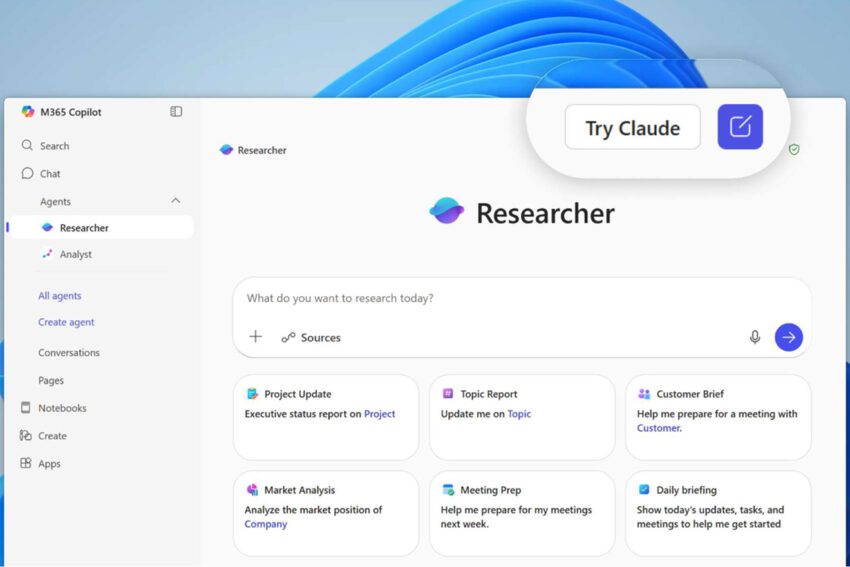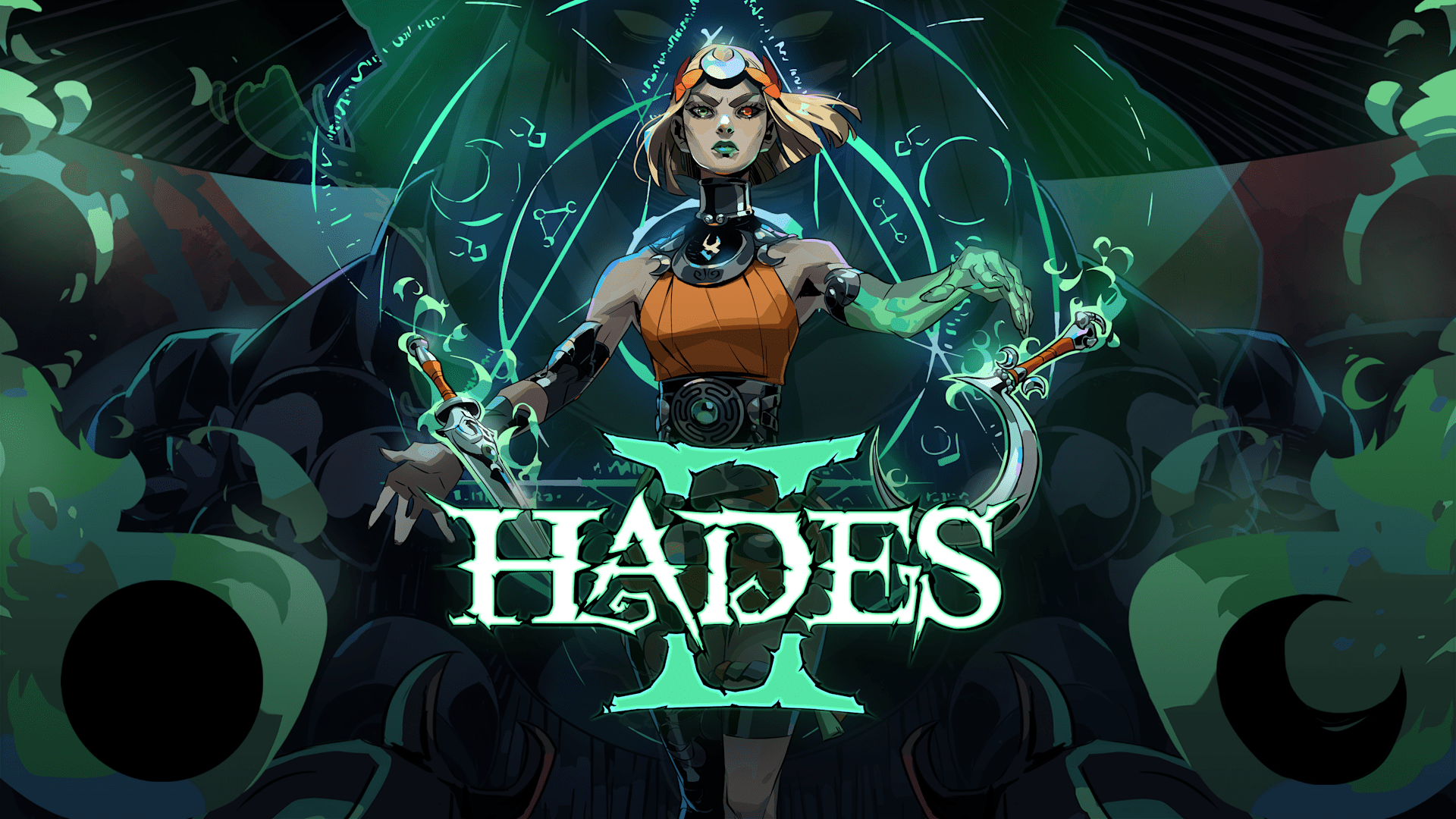
microsoft embraces openai rival anthropic to improve Microsoft has announced the integration of Anthropic’s Claude Sonnet 4 and Claude Opus 4.1 AI models into its Microsoft 365 Copilot, marking a significant shift in its approach to AI model selection.
microsoft embraces openai rival anthropic to improve
Expanding Model Choices in Microsoft 365 Copilot
This move allows Microsoft to broaden its AI capabilities beyond the previously exclusive reliance on OpenAI’s models. Customers will now have the option to utilize Anthropic’s models in both the Researcher tool and Microsoft Copilot Studio. Charles Lamanna, president of Microsoft’s business and industry Copilot team, emphasized the importance of this development, stating, “Copilot will continue to be powered by OpenAI’s latest models, and now our customers will have the flexibility to use Anthropic models too — starting in Researcher or when building agents in Microsoft Copilot Studio.”
The Role of Claude Models
The integration of Claude Sonnet 4 and Claude Opus 4.1 into Microsoft 365 Copilot is a strategic move aimed at enhancing the user experience and providing more tailored solutions for businesses. The Claude models are designed to offer advanced reasoning capabilities, which can be particularly beneficial for tasks that require deep analysis and complex decision-making.
In the Researcher agent, users will now have the option to select between OpenAI’s deep reasoning models and Anthropic’s Claude Opus 4.1. A new “Try Claude” button will be prominently displayed at the top of the Microsoft 365 Copilot app, allowing users to easily switch to Opus 4.1. Lamanna noted, “Once you opt-in, you’ll be able to switch between OpenAI and Anthropic models in Researcher with ease.” This flexibility is expected to enhance productivity and streamline workflows for users who require different AI capabilities for various tasks.
Capabilities of Copilot Studio
In addition to the Researcher tool, Claude Sonnet 4 and Claude Opus 4.1 will also be available as model options in Copilot Studio, Microsoft’s platform for building AI agents. This platform allows users to create, orchestrate, and manage agents powered by Anthropic models, which can be utilized for deep reasoning, workflow automation, and flexible agentic tasks.
According to Lamanna, “With this launch, you can build, orchestrate, and manage agents powered by Anthropic models for deep reasoning, workflow automation, and flexible agentic tasks.” This capability is particularly significant for businesses looking to customize their AI solutions to meet specific operational needs. Users will also have the option to mix and match models from Anthropic, OpenAI, and other models available in Azure’s model catalog, providing a versatile toolkit for AI development.
Rolling Out to Users
The rollout of Claude in Researcher is set to begin today through the Frontier program, targeting Microsoft 365 Copilot licensed customers who choose to opt in. This phased approach allows Microsoft to monitor user feedback and performance as the new models are introduced. Similarly, Copilot Studio users can also opt in to gain access to Claude, ensuring that a broad range of users can benefit from these advancements.
Hosting and Infrastructure Considerations
Interestingly, Anthropic’s AI models will continue to be hosted on Amazon Web Services (AWS), which is a notable detail given that AWS is Microsoft’s primary cloud competitor. Microsoft will access Claude through the Anthropic API, similar to how other developers interact with the models. This arrangement raises questions about the competitive dynamics in the cloud services market, especially as Microsoft continues to strengthen its AI offerings.
Previously, Microsoft had established a partnership with xAI to host Grok 3 models on Azure, indicating a willingness to collaborate with various AI developers. Given this context, it is plausible that Microsoft may pursue a similar arrangement with Anthropic in the future, potentially leading to the hosting of Claude models on Azure.
Recent Developments and Future Implications
The announcement regarding the integration of Anthropic models into Microsoft 365 Copilot comes just a week after Microsoft began favoring Anthropic over OpenAI for Visual Studio Code. Reports indicate that GitHub Copilot paid users now “primarily rely on Claude Sonnet 4” when utilizing the new automatic AI model selection feature in the Visual Studio Code editor. This shift underscores Microsoft’s commitment to leveraging the best available AI technologies to enhance user experience across its platforms.
Furthermore, there are indications that Microsoft may soon incorporate Anthropic’s AI models into other applications, such as Excel and PowerPoint. Initial findings suggest that these models have outperformed OpenAI’s offerings in certain tasks, prompting Microsoft to explore broader applications of Anthropic’s capabilities. Lamanna hinted at the ongoing commitment to innovation, stating, “This is just the beginning — we’re committed to delivering model innovation at speed.” He encouraged users to “stay tuned” for more powerful experiences that Anthropic models will bring to Microsoft 365 Copilot.
Stakeholder Reactions
The integration of Anthropic’s models has been met with a mix of excitement and curiosity from stakeholders in the tech industry. Analysts have noted that this move could signal a shift in the competitive landscape of AI development, as companies like Microsoft seek to diversify their AI offerings and provide users with more choices. The collaboration with Anthropic may also enhance Microsoft’s position in the enterprise software market, where businesses are increasingly looking for robust AI solutions to improve productivity and decision-making.
Moreover, the decision to incorporate models from a competitor raises questions about the long-term strategy of Microsoft and its relationship with OpenAI. While OpenAI has been a significant partner for Microsoft, the introduction of Anthropic models suggests that Microsoft is willing to explore multiple avenues for AI development, potentially leading to a more competitive environment in the AI space.
Conclusion
The integration of Anthropic’s Claude Sonnet 4 and Claude Opus 4.1 models into Microsoft 365 Copilot represents a pivotal moment for Microsoft as it seeks to enhance its AI capabilities and provide users with more flexible options. By expanding the range of available models, Microsoft is positioning itself to meet the diverse needs of its customers while fostering innovation in the AI landscape. As the rollout progresses, it will be crucial to monitor user feedback and performance to gauge the impact of these new models on productivity and workflow efficiency.
Source: Original report
Was this helpful?
Last Modified: September 24, 2025 at 8:42 pm
3 views














